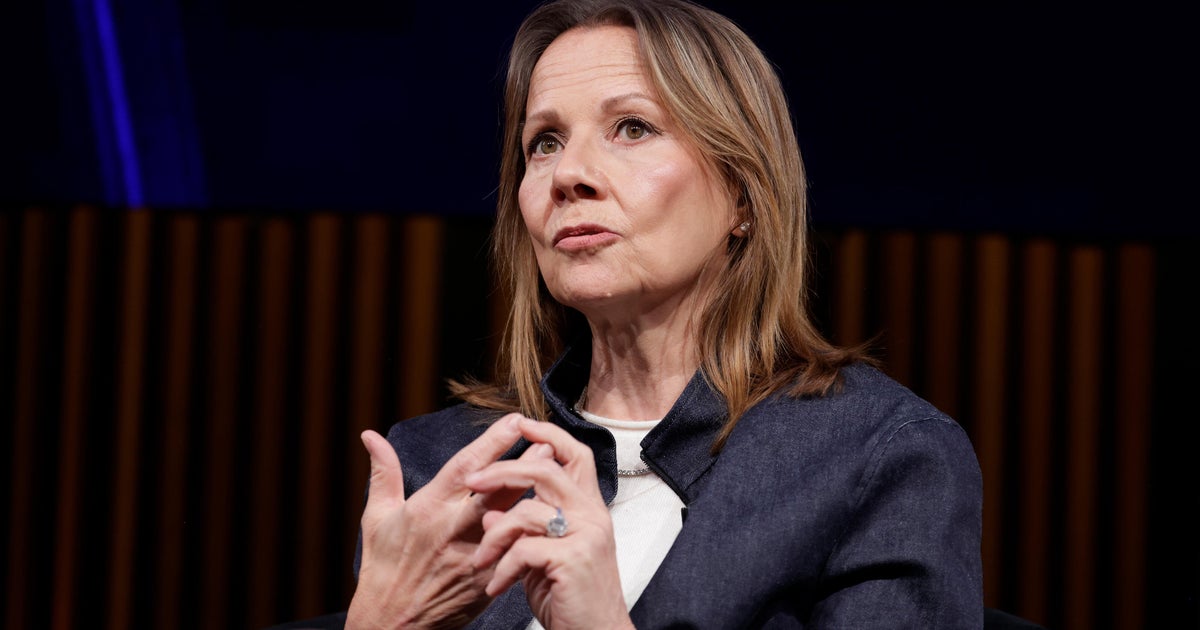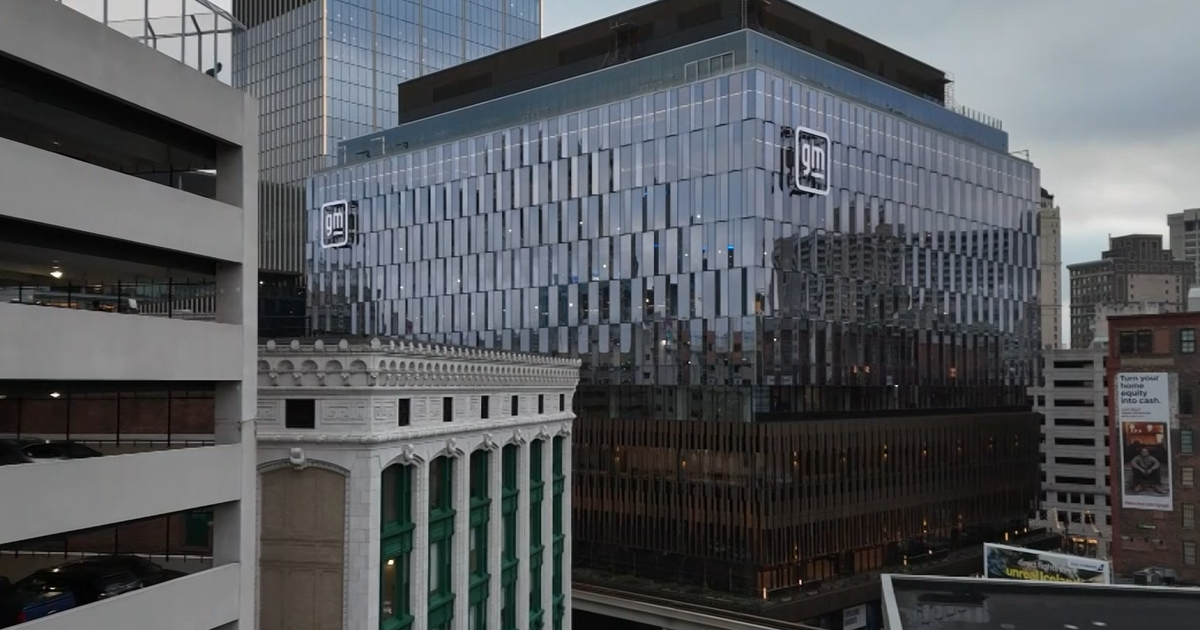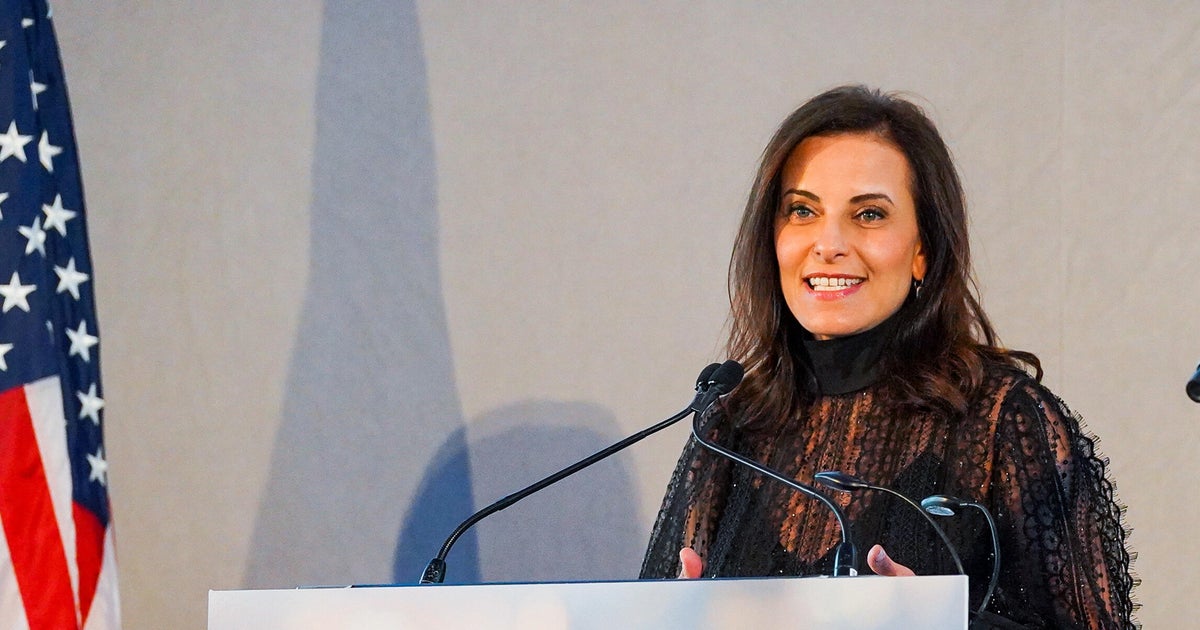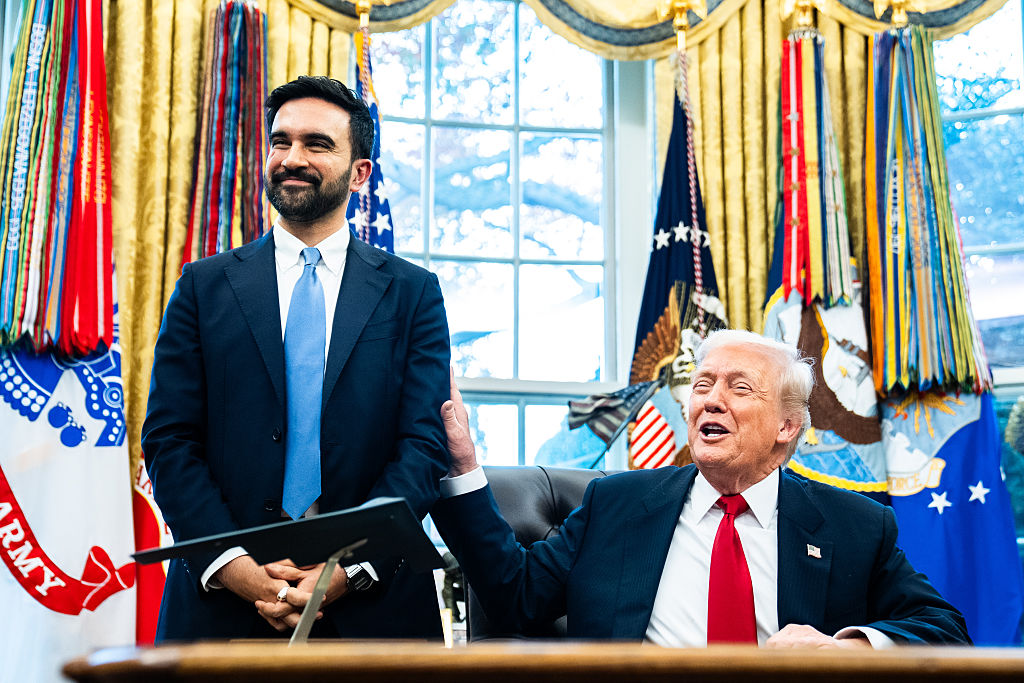Trump isn't the reason Corporate America is investing in the U.S.
Donald Trump is only two days from being inaugurated as America’s 45th president, but he isn’t waiting to take office to take credit for a slew of announcements by major corporations pledging to invest in the U.S.
Those promises to hire and expand stateside, or least keep jobs at home, have been coming fast and furious in recent weeks. General Motors (GM) on Tuesday announced a $1 billion investment in its U.S. factories, saying the move would create or retain 7,000 domestic jobs in the next few years. Also yesterday, Hyundai said it would increase its U.S. investment to $3.1 billion over five years; Walmart (WMT) predicted the addition of 10,000 jobs by year’s end; and German chemicals giant Bayer, which is angling to buy U.S.-based Monsanto, vowed to increase the company’s American workforce by 3,000 if the merger is approved and to increase R&D spending by $8 billion.
Other companies are even more bullish in their hiring forecasts: Amazon (AMZN) says it plans to add 100,000 U.S. jobs by mid-2018, IBM is adding 25,000 jobs over four years, and Japan’s SoftBank has vowed to create 50,000 jobs over an unspecified time period.
Trump praised two of the latest companies in a tweet Tuesday afternoon.
So what’s the problem? Few of the jobs companies are promising to create in the U.S. can be attributed to a sudden renewed commitment to USA Inc. inspired by Trump’s “America First” policies. Indeed, the businesses Trump has been quick to praise have been careful not to characterize their recent hiring announcements as new. And as usual with corporate investments of this scale, such plans are typically months -- or even years -- in the making, suggesting they long predate the presidential election. The latest piece of economic news -- the Federal Reserve’s Beige Book, which summarizes economic conditions -- bears this out, noting that manufacturers in several regions of the country spoke of a “turnaround.”
Take Fiat Chrysler’s (FCAU) January promise to invest $1 billion in its Michigan and Ohio plants. Although Trump in a speech expressed appreciation for the car maker’s move, saying that “I think a lot of industries are going to be coming back,” the company described it as “the second phase of an industrialization plan announced in January 2016.”
Ford (F), which Trump lauded for canceling a planned Mexico plant, explained its decision by noting that demand for small cars has declined, with CEO Mark Fields saying that “we just don’t need the capacity anymore.”
Meanwhile, GM’s investment in its U.S. manufacturing capacity was a development several years in the planning, according to a source close to the company who asked not to be named because the person is not authorized to speak publicly. A statement from the United Auto Workers hinted as much. “Today’s announcement continues GM investments that have emerged as a result of the 2015 national bargaining agreement,” UAW Vice President Cindy Estrada said in a statement on Tuesday.
Another widely publicized corporate initiative that Trump trumpeted -- a promise by SoftBank to create 50,000 high-tech jobs in the U.S. -- was the result of a tech fund the company announced on Oct. 14 -- three weeks before the election. Given the massive tech industry in the U.S., economists say much of the planned $50 billion investment would have found its way to the states regardless of who occupied the White House.
“You don’t just decide overnight to invest $3 billion,” said Nathan Jensen, a professor at the University of Texas who studies interactions between government and corporations.
Added Greg LeRoy, executive director of Good Jobs First, which tracks tax incentives to companies, “Allocating large amounts of capital is a long process taking into account market analysis and consumer preferences,” he said. “For big product-line decisions by a car company, those decisions take years.”
The timing of a jobs announcement, on the other hand, takes considerably less effort to adjust. And research indicates giving credit works: Politicians who publicly offer incentives to companies reap benefits, particularly with independent voters.
In a paper Jensen co-authored with Edmund Malesky, they asked about the re-election prospects of a hypothetical governor who attracted foreign investment to his state with a 1,000-job factory. Though people tended to be skeptical of the benefits of foreign investment, they still rewarded governors who brought it in.
And voters, particularly independents, preferred governors who attracted the factory by using tax incentives to governors who attracted investment by other means. Offering tax breaks translated into a 5.6-point advantage among independent voters. The researchers also found that even if a company decided not to move to a state, voters tended to blame the governor less if an incentive had been offered.
That’s one reason tax breaks can present such a big temptation for politicians. It may not affect a company’s move, but “you can make a big offer and that reduces your blame,” Jensen said.
Of course, Trump can’t institute policies aimed at encouraging investment in the U.S. until he assumes office. But once ensconced in the Oval Office, there is little reason to think that he, like most politicians, will miss any opportunities to align himself with companies expanding at home.
“This is a chronic problem in economic development,” LeRoy said. “The market may be driving a certain amount of change -- think of it as a parade -- and then politicians love to jump in front of the parade and take credit for it.”





